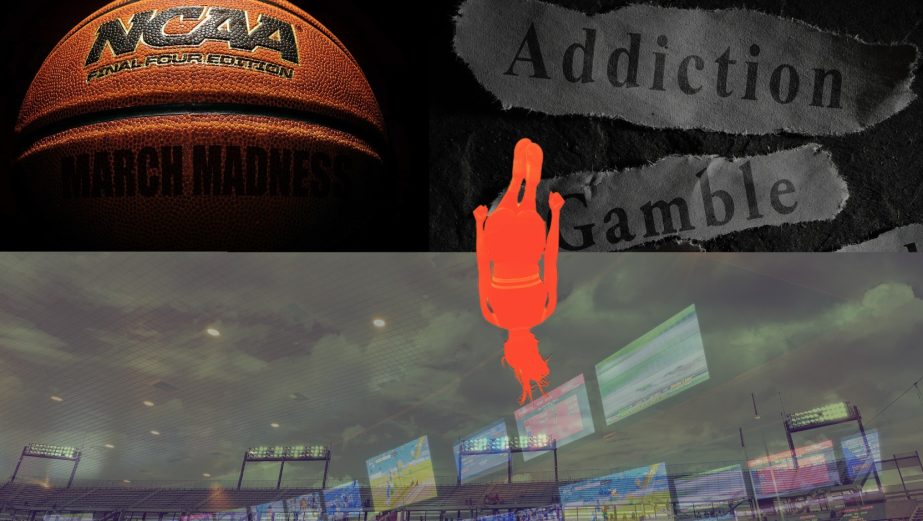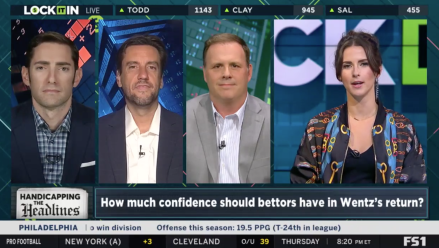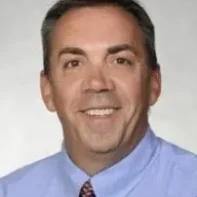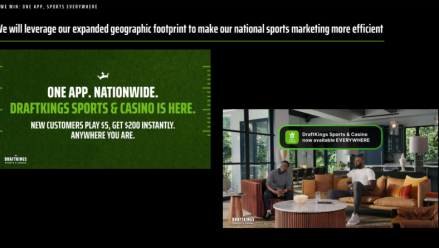Academicians, coaches and major conference commissioners have lambasted the NCAA’s decision to allow almost a half million student-athletes to bet on professional sports beginning Saturday.
They cite a vulnerable demographic, mental health and security concerns, and the integrity of college sports, even though the rule change still forbids players from wagering or sharing information regarding intercollegiate events.
Matthew Wein, a national cyber security expert and the publisher of the Secure Stakes newsletter, told InGame there is another corrosive aspect that could particularly impact men’s college basketball and the NBA, which are already under intense scrutiny for a series of gambling scandals.
“The lines between the pros and college or even high school are blurring now,” Wein said. “You talk about inside information being shared more and more.”
Pros and collegians, pros and cons
The overlaps occur all around, in high school camps staffed by pros or college players, and increasingly with current or former NBA players returning to campus in administrative positions created by athletic departments morphing into professional front offices.
The Boston Celtics’ Jayson Tatum is the chief basketball officer of the men’s program at his alma mater, Duke. The Golden State Warriors’ Stephen Curry operates as the assistant general manager at Davidson, his former school. Shaquille O’Neal serves as the general manager of the Sacramento State men’s program.
And as of this year, players in the NBA’s developmental G League can compete intercollegiately, further muddling the mix of maturity levels, economic status and vulnerability to corruptive outside influence within college programs.
“There are no longer these delineations between levels of the sport, which promotes — at least in basketball, I think, more so probably than the other sports — this sort of environment permissibility with sharing information,” Wein said.
This, he added, creates a new brackish environment rife with peril.
“I think it opens up real incentives for the sharing of inside information,” he explained. “This is purely hypothetical, but if you’re Jayson Tatum and you have this advisory role at Duke and you’re trying to develop a relationship with the player at Duke so maybe he’ll come play with the Celtics one day, are you incentivized to share inside information?
“Or, if you’re a college player, maybe you just try to pump Jayson Tatum for information while he’s at Duke, for some reason, to try and get inside information. Jayson Tatum may not know that’s why you’re doing it.
“If you work in the athletic department at Sacramento State, Shaq is on Inside the NBA, he has access to however many different players and locker rooms as a member of the media. What information can you get from that relationship that you might be able to gamble on?”
NBA concerns from without, within
There is seemingly no end to the holes being opened into the NBA’s shroud of integrity as investigators keep pulling thread in the Jontay Porter betting investigation and others. The Athletic first reported this week that the league — continuing its internal investigation into a case that led to a ban for the ex-Toronto Raptors player and ensnared former Miami Heat guard Terry Rozier — has asked for the phones and documents from multiple teams.
In another mafia-related gambling bust involving NCAA players in New Jersey, charging documents listed as a co-defendant Spencer Speziale, 22, who is a certified National Basketball Players Association agent. ESPN reported that Speziale had no clients at the time of his arrest.






